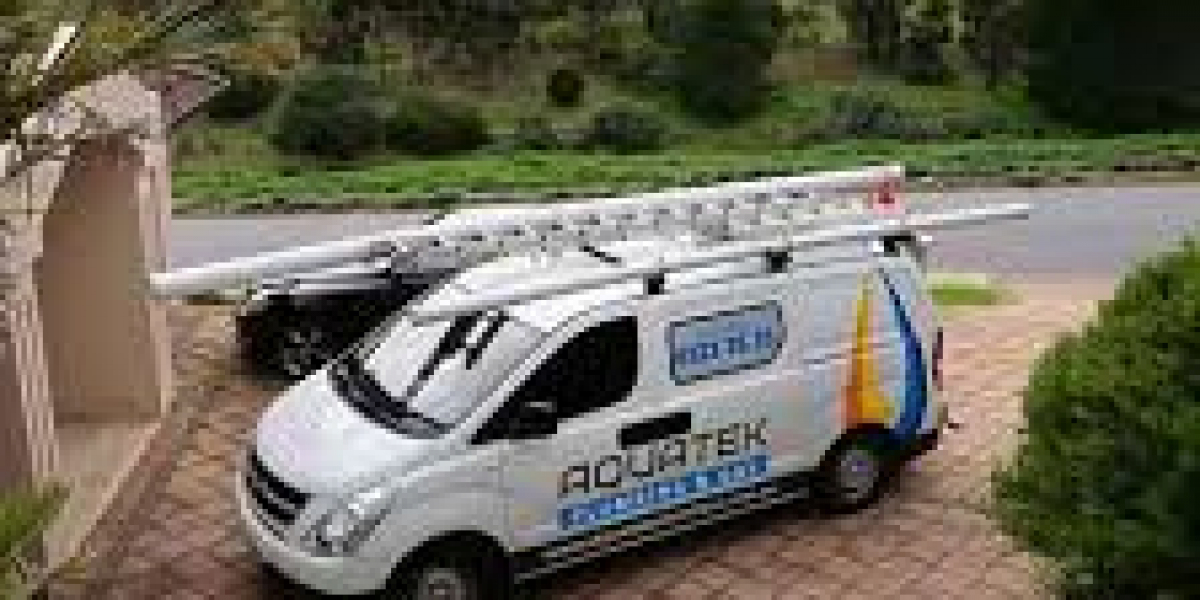In recent years, homeowners and businesses alike have been exploring more energy-efficient solutions for heating water and maintaining comfort in their spaces. Among the most popular systems are the Rinnai hot water system and heat pumps, both known for their reliability and energy efficiency. However, like all systems, there comes a time when they may need to be replaced. This guide will explore why and when you should consider replacing these systems, the benefits of upgrading, and how to go about it.
- When to Replace Your Hot Water System or Heat Pump
Understanding when to replace your Rinnai hot water system or heat pump is crucial.
- Age of the System: Rinnai hot water systems and heat pumps typically last between 10 to 15 years. If your system is approaching or surpassing this age, replacement might be more cost-effective than constant repairs.
- Frequent Breakdowns: If you are frequently calling for repairs, this is a sign your system is no longer functioning efficiently.
- Higher Energy Bills: An older system will often become less efficient, which could result in an increase in your energy bills. Replacing the system with a more modern, energy-efficient version can reduce these costs significantly.
- Inconsistent Water Temperature: If you're noticing fluctuations in water temperature or a general lack of hot water, it may be time to consider a replacement.
- Noise from Heat Pump: Unusual sounds from the heat pump, such as rattling or banging, can indicate a mechanical issue or wear and tear, which may require replacement.
- Benefits of Upgrading to a New Rinnai Hot Water System
Upgrading to a new Rinnai hot water system or opting for a heat pump replacement offers several advantages, making it a worthwhile investment.
- Energy Efficiency: Newer Rinnai hot water systems are designed to be more energy-efficient, using less power to heat water. This efficiency leads to reduced energy bills over time.
- Continuous Flow Systems: Rinnai is known for its continuous flow hot water systems, which provide hot water on demand rather than storing it in a tank. This reduces energy consumption since water is only heated when needed.
- Smaller Carbon Footprint: As part of global efforts to reduce carbon emissions, upgrading to a more energy-efficient system can significantly lower your household’s environmental impact.
- Advanced Features: Many modern Rinnai systems come with smart technology, allowing you to control the temperature and monitor energy usage through apps or home automation systems.
- Advantages of Replacing a Heat Pump
Replacing your heat pump with a modern, energy-efficient model can offer numerous benefits, including:
- Improved Energy Efficiency: Newer models have higher energy efficiency ratings, which means they use less electricity to produce the same or even better heating and cooling performance.
- Lower Operational Costs: A more efficient heat pump will reduce the cost of running the system, helping you save on utility bills.
- Quieter Operation: Modern heat pumps are designed to operate more quietly, which can enhance comfort in your home or workspace.
- Environmental Benefits: Like hot water systems, modern heat pumps are more eco-friendly, contributing to lower greenhouse gas emissions.
- Choosing the Right Replacement
When replacing your hot water system or heat pump, choosing the right product is key. Here are some considerations:
- Size and Capacity: For a hot water system, you'll want to choose a size that matches your household’s water usage. Similarly, the capacity of the heat pump should be suited to the size of your home or business.
- Energy Star Rating: Always look for products with high Energy Star ratings. This ensures you are selecting a system that meets stringent energy efficiency standards.
- Type of System: Rinnai offers both gas and electric continuous flow hot water systems. Depending on your home's infrastructure, you might opt for one or the other. For heat pumps, you can choose between air-source and ground-source models, each offering different benefits depending on your climate and property.
- Professional Installation: Replacing a hot water system or heat pump isn’t a DIY job. Professional installation ensures that the system is installed correctly and functions efficiently. Many manufacturers, including Rinnai, offer extended warranties when systems are installed by certified professionals.
- The Replacement Process
Once you’ve chosen the right system, the replacement process typically involves the following steps:
- Assessment and Quotation: A professional will assess your current system, discuss your needs, and provide a detailed quote. This ensures you know what to expect in terms of costs and system performance.
- Removal of the Old System: Your existing hot water system or heat pump will be safely disconnected and removed, with minimal disruption to your home.
- Installation of the New System: The new system will be installed, connected to your home’s water or heating system, and tested to ensure it works properly.
- Post-Installation Checks: The installer will conduct a series of checks to ensure the new system is operating efficiently and meeting your expectations. They will also provide you with instructions on how to use and maintain the system.
- Final Thoughts
Upgrading or replacing your Rinnai hot water system or heat pump can provide a multitude of benefits, from improved energy efficiency and reduced costs to greater comfort and environmental sustainability. By understanding when and why to replace your system and choosing the right one for your needs, you can ensure that your home or business remains comfortable and efficient for years to come. Always consult a professional for advice tailored to your specific situation, and enjoy the long-term benefits of modern heating and water systems.









